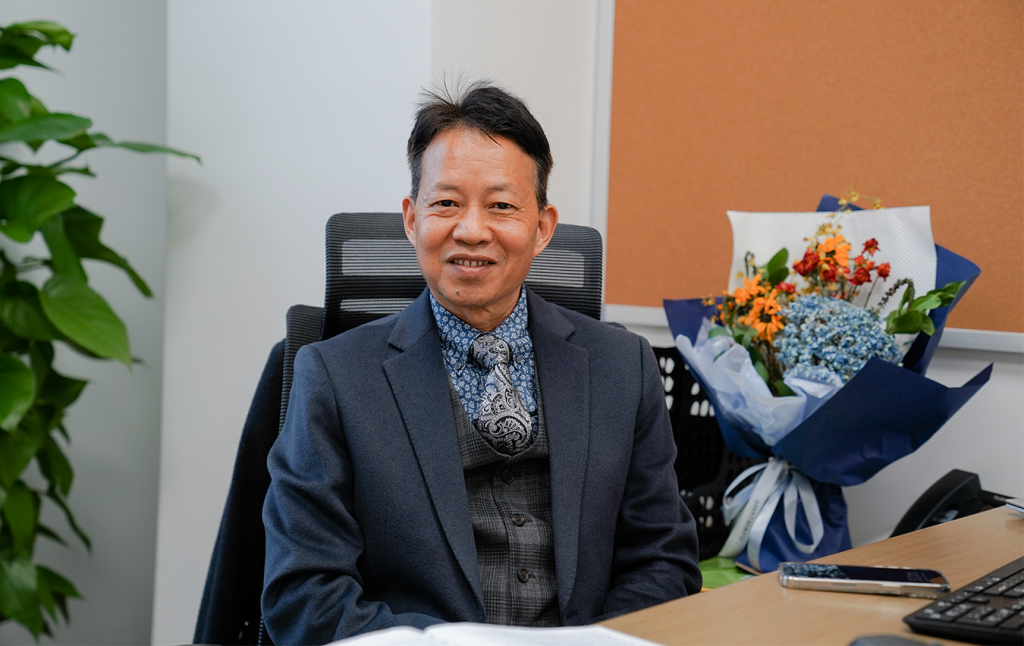Details
- Time: 17:30-19:00
- Date: November 13
- Venue: BSG21, SIP South Campus
- Language: English
- Speaker: Professor Wei Chen
Abstract
How CHIPS are used in everyday life? Since CHIPS themselves are not easy to see in the devices such as smartphones or computers, it may to be hard to understand and recognize their importance, but in fact they are used in many electric appliances.
For examples, one smartphone has more than 2000 CHIPS, temperature sensors used in air conditioners are made with CHIPS. Rice cookers cook rice perfectly because CHIPS control the temperature precisely. CPUs that operate personal computers are also made with CHIPS. Many digital consumer products in everyday life such as mobile phones / smartphones, digital cameras, televisions, washing machines, refrigerators and LED bulbs also use CHIPS. It is not exaggerating to say that NO CHIPS, NO Phones and no good life, not even mention AI.
In addition to consumer electronics, CHIPS play a central role in the operation of bank ATMs, trains, the internet, communications and other parts of social infrastructure, such as the medical network used for the care of elderly, among other things. Furthermore, efficient logistics systems help save energy and promote the preservation of the global environment. The number of car-mounted CHIPS devices has been increasing steadily. There are many types of car-mounted CHIPS. Particularly for future ADAS (Advanced Driver Assistance Systems), more CHIPS are expected to be used.
In this way, CHIPS help us to live comfortable lives. In this talk, I will briefly introduce the basic principle of CHIPS, its invention and history as well as its future in perspective.
Speaker

Dr. Wei Chen is a Fellow of the National Academy of Inventors in the United States and the Dean of the School of CHIPS at Xi’an Jiaotong-Liverpool University. He obtained his bachelor’s degree from the School of Earth Sciences at Jilin University, his master’s degree from the School of Geophysics at Central South University, and his Ph.D. from the School of Chemistry and molecular Engineering at Peking University. He previously served as the Deputy Director of the Semiconductor Materials Development Laboratory at the Chinese Academy of Sciences and received the CAS Young Scientist Award. Professor Wei Chen has long been engaged in cutting-edge nanotechnology research, and has published over 355 papers in internationally renowned academic journals such as Advanced Materials, PNAS, Nano Letters, and Signal Transduction and Targeted Therapy. His papers have been cited 20,384 times, with an h-index of 70, and he holds 22 US patents. He was selected for the “Annual Scientific Impact” and “Lifetime Scientific Impact” lists in the “2024 Global Top 2% Scientists” ranking. Professor Chen has received the CAS Young Scientist Award, is a Fellow of the Royal Society of Chemistry, and has been honored with the Pencis Award for Excellence in Oncology and Cancer Research. In 2022, he was elected as a Fellow of the National Academy of Inventors, and in 2023, he became a Fellow of the Distinguished Scholars College at the University of Texas at Arlington, the highest honor the university bestows on faculty members. Through the efforts of Professor Chen and his team, the School of CHIPS has signed MOU agreements with over a dozen companies and research institutes in the semiconductor field, jointly engaging in close cooperation in talent development, technological research and development, and other areas.








